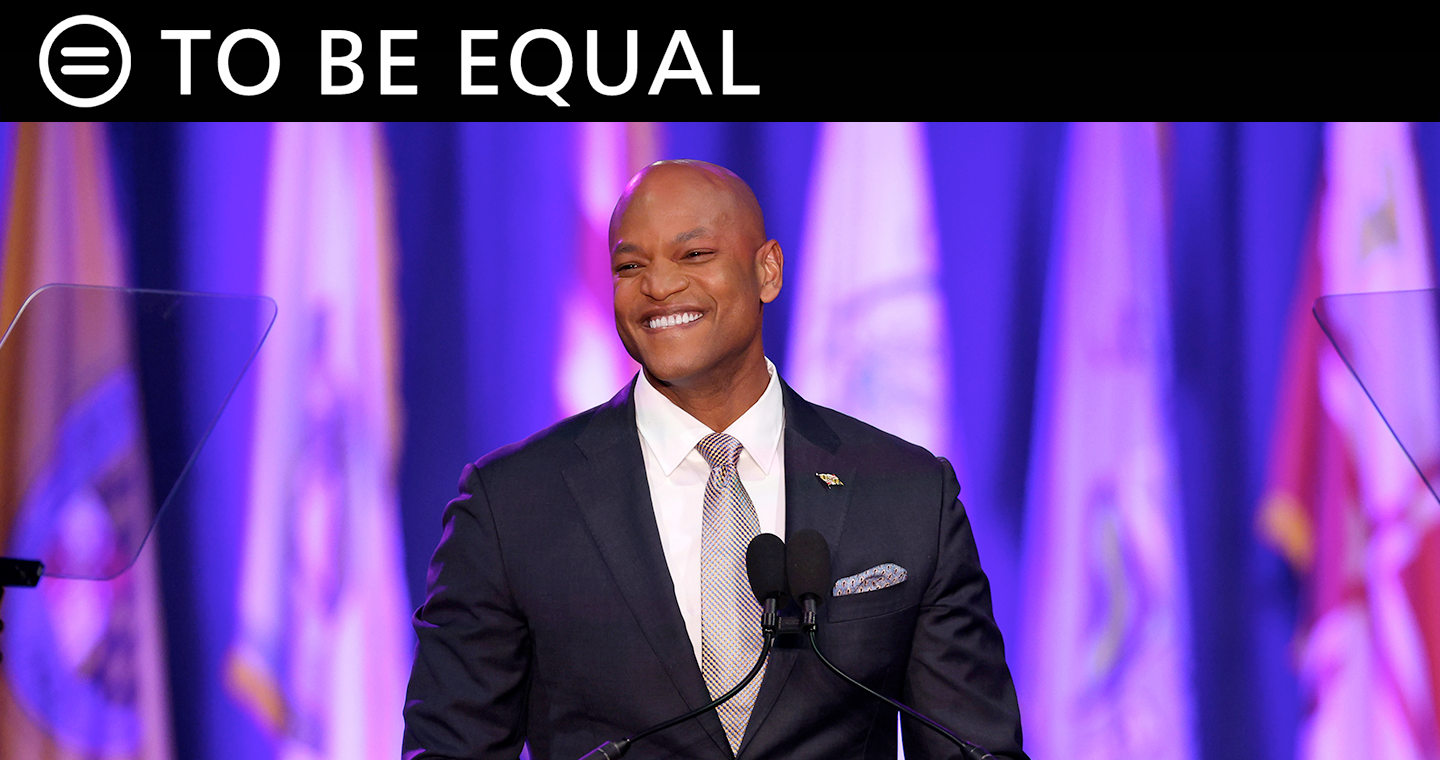The Challenges Maryland’s First Black Governor Overcame Inspired His Mission To Combat Poverty And Racism

Marc H. Morial
President and CEO
National Urban League
"A campaign based on championing equal opportunity, compassion for the incarcerated, education for all children, and hope in the future can not only win, but prove infectious enough to spread across the country. Wes Moore’s victory has recaptured some of the magic that has been lost in our politics in the tumult of the past few years. Hopefully, this is just the beginning.” – Peniel E. Joseph
The 2022 midterm elections of resulted in groundbreaking wins for historically marginalized groups of Americans. Massachusetts and Oregon elected the first openly lesbian governors in the nation. Florida is sending the first member of “Generation Z,’ the post-millennial generation, to Congress. And Wes Moore was elected the first Black governor of Maryland, and only the third Black governor elected in U.S. history.
Moore will be the sixth Black governor to serve, but only two before him were elected: L. Douglas Wilder of Virginia in 1990 and Deval Patrick of Massachusetts in 2007. David Patterson became the first Black governor of New York upon the resignation of Eliot Spitzer in 2008. The other two served in my home state of Louisiana during the Reconstruction Era. Oscar Dunn took over as acting governor when Henry Clay Warmoth was injured in 1871. Upon’s Dunn’s death and Warmoth’s impeachment, P.B.S. Pinchback became the state’s second Black governor in 1872.
Moore’s running mate, Aruna Miller, who immigrated from India at age 7, will be the first woman of color and first immigrant to serve as Maryland’s lieutenant governor.
The details of Moore’s resume may read like a wish list for aspiring political candidates: Rhodes scholar, combat veteran, anti-poverty activist, and best-selling author. But his rise was an improbable one – a sad reality that has informed his mission to eliminate child poverty and the racial wealth gap.
When Moore was only 3-years-old, his father collapsed and died of a virus just hours after failing to receive appropriate treatment at a Maryland hospital. Moore soon moved with his mother and two sisters into his grandparents’ home in the East Bronx, then in the throes of the mid-1980s crack epidemic. Reluctant to send Moore to the neighborhood school - one of the first in the city to employ metal detectors – his mother worked several jobs to send him to an exclusive private school.
Moore struggled to find an identity between the racially-diverse, working-class neighborhood of his home and the mostly-white, wealthy environment of his school, and acted out. Determined not to “lose him to the streets – or mediocrity,” his mother said, she enrolled him at Valley Forge Military Academy. Her decision changed the direction of his life, putting him on the path to academic success, distinguished military service, and a passion for social justice.
Moore placed racial equity at the center of his campaign, calling for police accountability, prison reform, access to education and health care, and making sure that fixing procurement policies provide opportunities for minority- and women-owned businesses.
I am proud to serve on the Advisory Council for Ninety-To-Zero, the economic justice initiative Moore helped to launch. Named for the dramatic 90% wealth gap between white and Black America, brings together business leaders and executives from all sectors of the economy who are committed to eliminating that gap.
As CEO of the anti-poverty organization Robin Hood Foundation, Moore raised more than $650 million, directing COVID-19 relief to the hardest-hit communities and creating a new initiative to fund and support nonprofit leaders of color.
He will lead the state of Maryland with the same commitment and innovative spirit. His plans include free pre-K, investments in apprenticeship and trade programs, diversifying school faculties, and confronting racial discrimination in housing appraisals.
“We got into this race with a clear idea that we as a state just have to move faster, that we have to be bold and deliberate about how we meet this moment, how we meet the challenges that we’ve seen throughout the state,” Moore said. “It’s been very encouraging to see that people in the state feel the same.”
###
48TBE 12/8/22 ▪ 80 Pine Street ▪ New York, NY 10005 ▪ (212) 558-5300
Connect with the National Urban League
Facebook: https://www.facebook.com/NatUrbanLeague
Twitter: https://twitter.com/naturbanleague
Instagram: https://www.instagram.com/naturbanleague
Website: https://www.NUL.org
Newsletter: http://bit.ly/SubscribeNUL
YouTube: http://bit.ly/YTSubNUL

